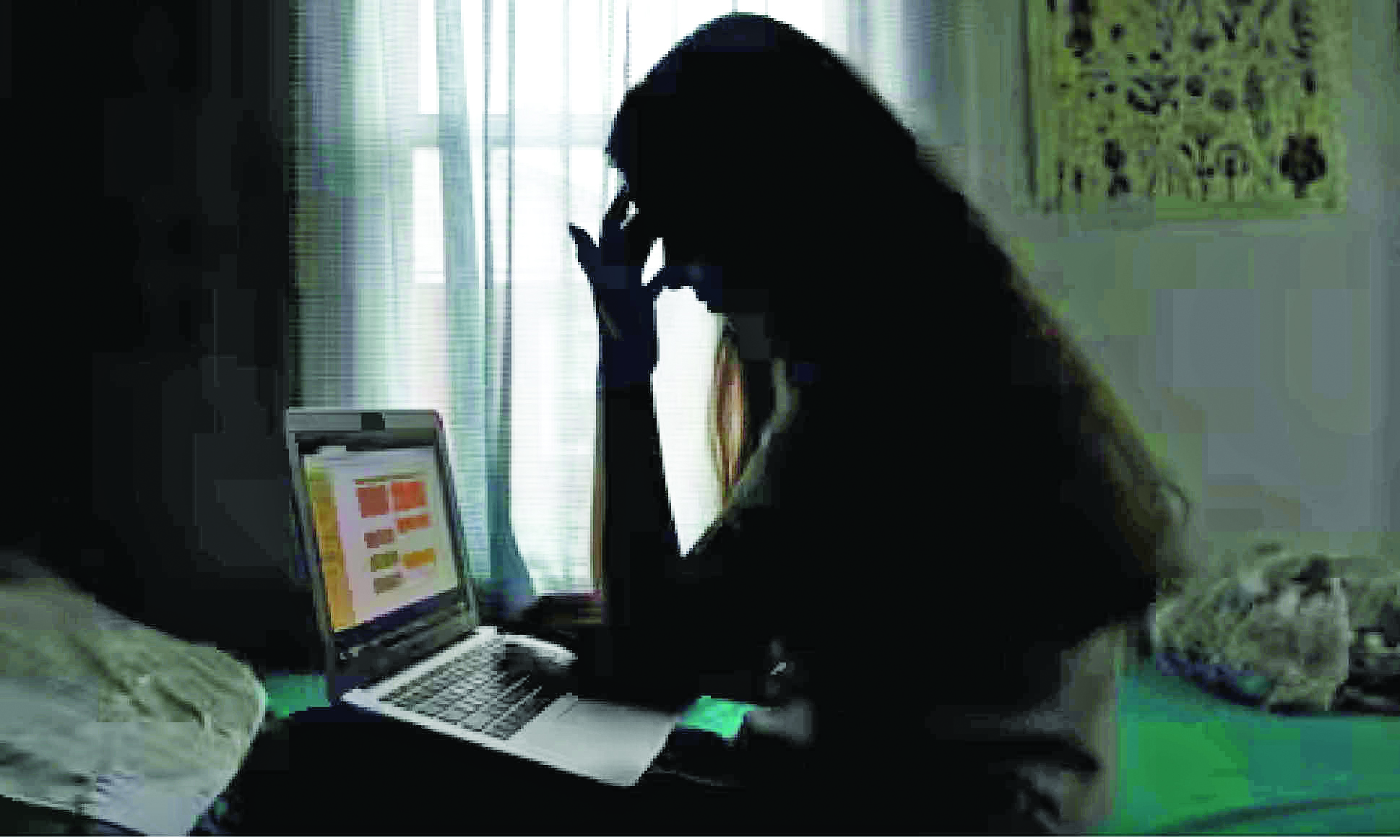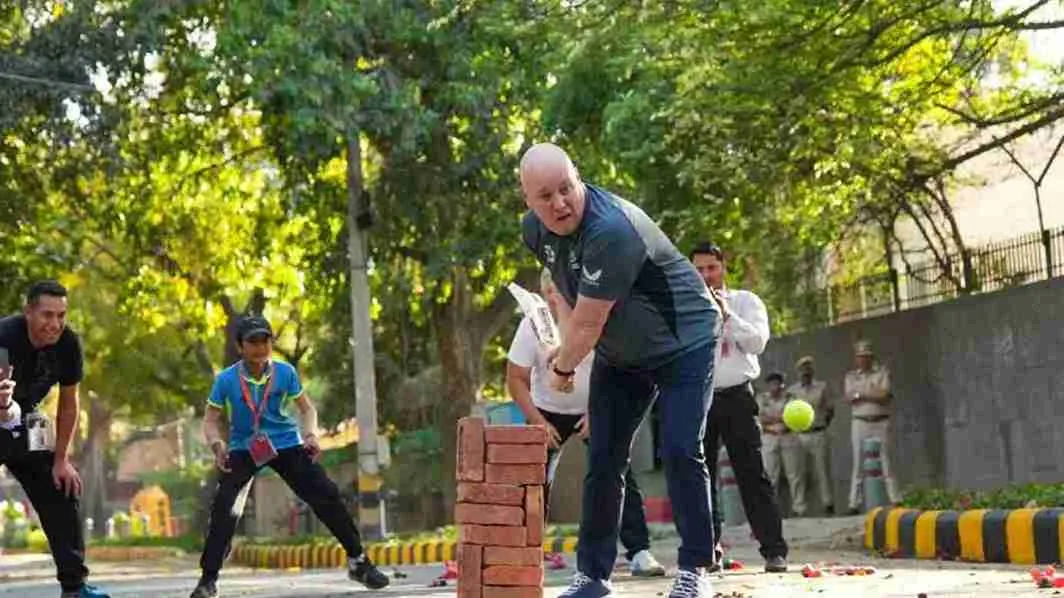September marks National Suicide Prevention Month, a vital initiative aimed at raising awareness about the profound effects of suicide and advocating for stronger mental health support. In India, the alarming rise in student suicides has become a matter of national concern, underscoring the urgent need for immediate intervention and comprehensive strategies to safeguard the mental well-being of our youth. The report titled “Student Suicides: An Epidemic Sweeping India” by the IC3 Institute reveals that student suicides are increasing at an alarming rate of 4% annually, which is double the rate of overall suicides in the country. According to the National Crime Records Bureau (NCRB), 13,044 student suicides were reported in 2022, accounting for 7.6% of all suicides in India—equating to one student suicide approximately every 40 minutes. Over the past decade, male student suicides have surged by 99% and female suicides by 92%, with states like Maharashtra, Tamil Nadu, and Madhya Pradesh being the most affected, collectively accounting for nearly one-third of the cases.
Despite these alarming figures, there is still a significant gap in research when it comes to understanding the unique pressures faced by students. These pressures range from academic stress and overwhelming parental expectations to financial burdens and social stigma. Existing data underscores the urgent need for a systematic approach to address these factors, yet critical questions remain unanswered: Why are more students resorting to such drastic measures? What systemic failures are perpetuating this crisis? And, most importantly, what steps can be taken to prevent this trend from continuing?
The Mental Healthcare Act of 2017 aimed to improve access to mental health care and decriminalize suicide attempts, but its implementation in educational settings remains insufficient. Many schools and colleges lack trained mental health professionals, and the stigma surrounding mental illness continues to be a major barrier. For instance, In Kota, a city renowned for its rigorous coaching centers that train students for competitive exams like NEET and JEE, only a small percentage of students actually seek mental health support, despite the significant pressures they face. A survey conducted by Lokniti-CSDS (Centre for the Study of Developing Societies) reveals that nearly 20% of students in these high-pressure environments are constantly worried about the possibility of failure, and around 7% have contemplated suicide at least once. The relentless academic pressure, combined with societal and parental expectations, creates a highly stressful atmosphere where students often feel their self-worth is defined solely by their academic performance.
Parental and societal pressures further intensify the stress that students endure. Many students are driven by the desire to meet their families’ expectations, which often equate academic success with future security and prosperity. This pressure is even more pronounced in cities like Kota, where nearly one in ten students frequently reports experiencing parental pressure. The rigid focus on traditional definitions of success leaves little room for students to explore alternative interests and paths. This lack of flexibility can lead to feelings of inadequacy and hopelessness among students who struggle to fit into these narrow molds of achievement.
Moreover, the lack of adequate mental health support in educational institutions exacerbates the problem. Despite the mandates of the Mental Healthcare Act, many schools do not have sufficient resources or trained staff to provide effective mental health services. According to the IC3 Institute, integrating mental health education into school curricula and establishing robust counseling systems is crucial. Such measures could help reduce the stigma around mental health issues and encourage students to seek the support they need. Unfortunately, ongoing societal stigma and misconceptions about mental health continue to prevent many students from accessing these vital resources, as seeking help is often wrongly perceived as a sign of weakness.
To address the rising crisis of student suicides, India must implement a comprehensive approach that goes beyond superficial solutions to tackle the root causes. This includes fully implementing the Mental Healthcare Act in educational settings to ensure students have access to mental health care and support from trained professionals.
Additionally, a cultural shift is needed in how academic success is perceived and pursued. Moving away from a rigid focus on high-stakes exams and embracing a more holistic approach that values diverse talents and learning paths can help students feel valued for more than just their grades. National awareness campaigns targeting students, parents, educators, and the broader community are essential to foster a supportive environment that prioritizes mental well-being and reduces stigma.
The rising rates of student suicides in India are a clear reminder of the need to reassess how education, mental health, and societal expectations intersect. Without decisive and sustained action, this crisis will continue to take young lives, leaving untapped potential and unfulfilled futures. Addressing this issue is not only about preventing deaths but also about ensuring that every student has the right to a future filled with opportunities, hope, and the freedom to define success on their own terms. Justice D.Y. Chandrachud, in the Supreme Court case of “Gaurav Kumar Bansal v. Union of India & Others,” highlighted the importance of establishing Half-way Homes and better care facilities for the mentally ill, emphasizing that real support, not just superficial measures, is essential. It is time for a collective effort to create educational environments that nurture rather than overwhelm, ensuring no student feels that suicide is their only option.
Rana Navneet Roy, Associate Professor of Law, Hidayatullah National Law University, Raipur, CG & Prashant Kumar, Assistant Professor of Law, MATS University, Raipur, C.G























